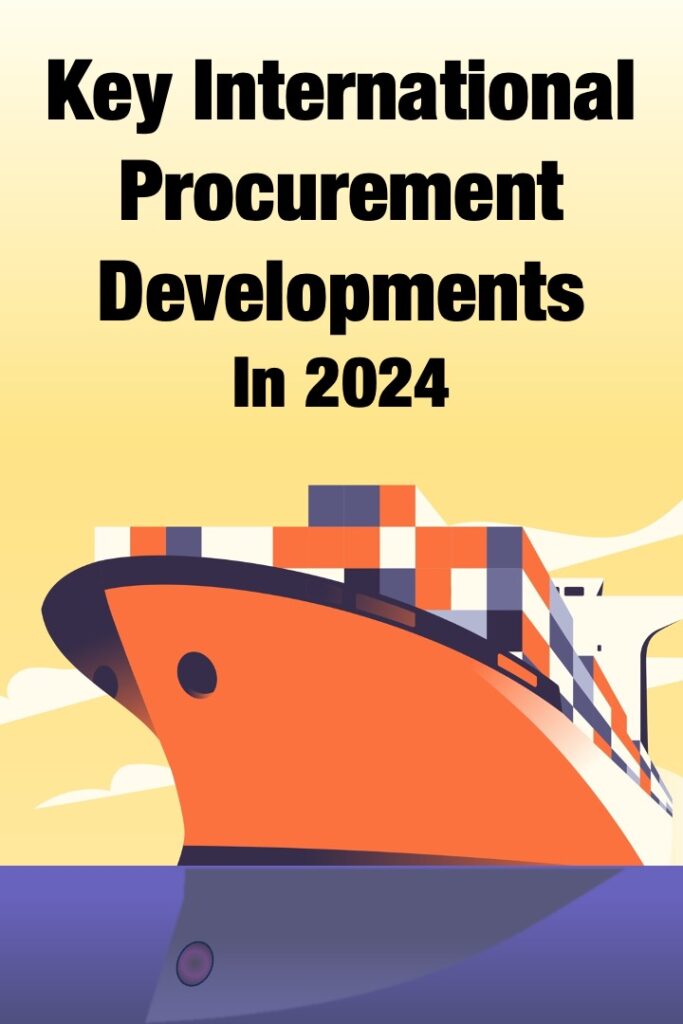
In 2024, major trading partners focused more on protecting domestic procurement interests than opening new procurement markets. That is the conclusion of a new Briefing Paper, Key International Procurement Developments in 2024, published by Thomson
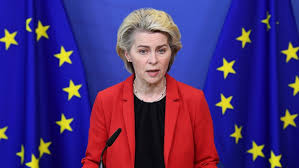
European Commission President, Ursula von der Leyen, proposed a procurement preference for EU products in her bid for a second term. Such a move would represent a departure from the EU’s generally open procurement market and its criticism of preferences
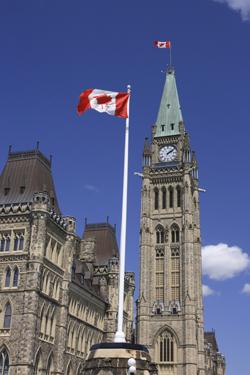
The WTO’s recent review of Canada’s trade policy pointed to its continued development of a more restrictive government procurement policy based on reciprocity. Canada began consideration of reciprocal government procurement measures in 2022. While the

Parties to the WTO Government Procurement Agreement (GPA), led by the European Union and echoed by Australia, Canada, Switzerland and the United Kingdom, criticized US implementation of the Build America, Buy America Act (BABA) at a
A paper examines how preferences and unilateral measures impacting procurement are creating tensions in the international trading system. These measures are extending beyond the procurement sector and its international disciplines. They are being
Newly published by Dalston Press The International Procurement System: Liberalization & Protectionism by Jean Heilman Grier International Procurement. The agreements that support it. The institutions that sustain it. Its
Canada has launched a multi-front approach to “Buy America” policies that includes seeking exemptions from both current and future policies. A special committee of the Canadian Parliament has called on the Canadian government to seek “a full
When the Trump administration ended, one of the issues that it left for the incoming administration was its proposal to withdraw a broad list of medicines and related products from U.S. commitments under the WTO Government Procurement Agreement
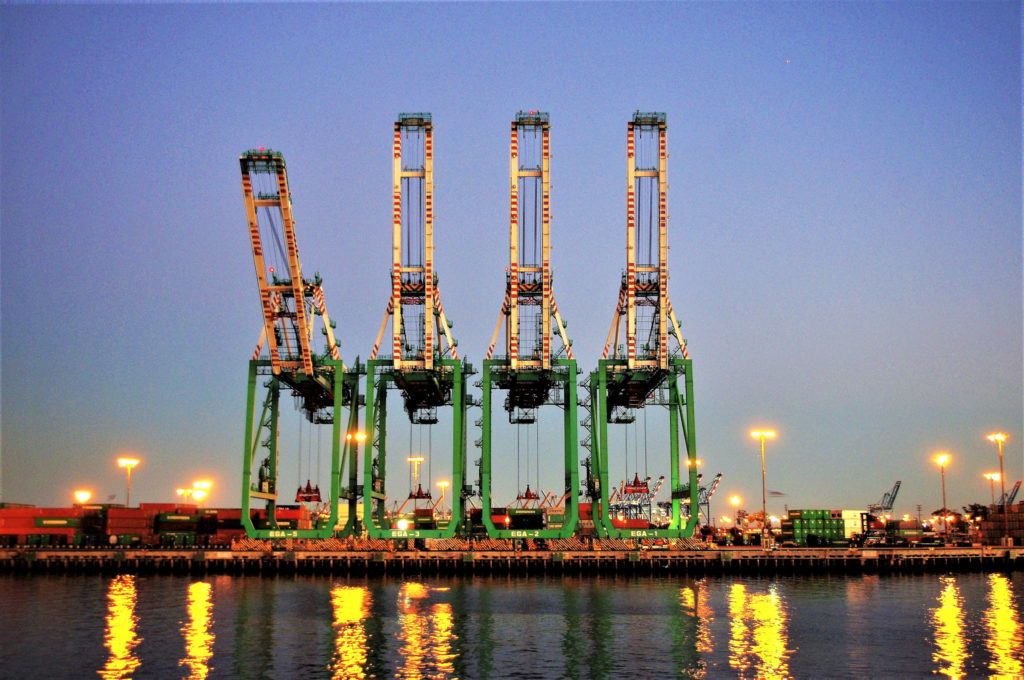
An article, “GPA Reciprocal Conditions: Leverage for Bilateral Agreements,” provides a comprehensive examination of the restrictions that parties to the WTO Government Procurement Agreement (GPA) apply to the procurement that they cover under
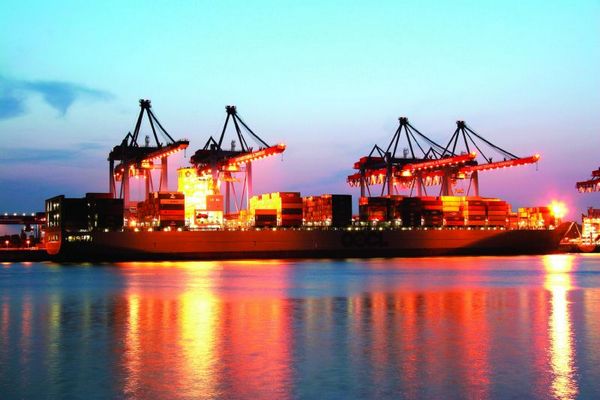
When President Trump pulled the United States out of the Trans-Pacific Partnership agreement at the beginning of his presidency, he emphasized his interest in negotiating trade deals on a bilateral basis. Nearly three years later, he can point to